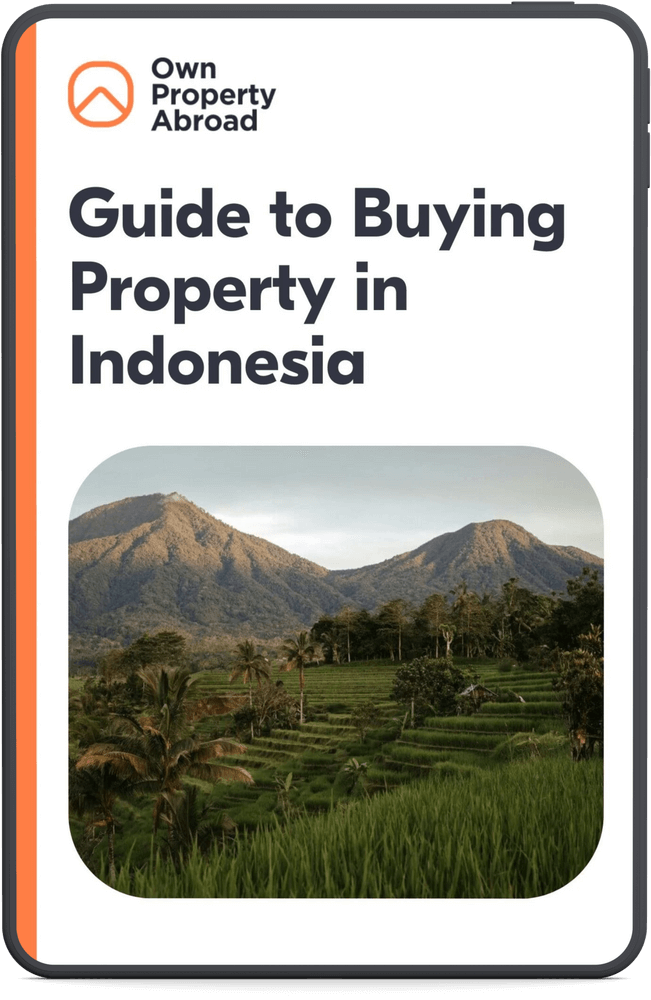Government targets overdevelopment and crime
Bali, with its beautiful landscapes and vibrant culture, has always attracted many foreign tourists and expatriates. However, the significant number of approximately 200,000 foreigners residing on the island has brought about several challenges, such as increased crime, overdevelopment, and competition for local employment. In response, the Indonesian government is contemplating strict measures, including the deportation of foreign nationals engaged in illegal activities. For property owners, this suggests that the regulations may become more stringent, particularly regarding property usage and legal adherence.
Surge in tourism highlights the need for sustainable development
Since reopening after the COVID-19 pandemic, Bali has experienced a significant increase in foreign arrivals, welcoming 2.9 million visitors in the first half of 2024. This represents 65% of Indonesia’s total foreign arrivals by air during this period. While this surge has benefited the local economy, it has also raised concerns about the long-term impact on Bali’s tourism industry. The government’s forthcoming policy plan is anticipated to tackle these issues by promoting sustainable and quality-driven tourism, potentially influencing future property developments and investment opportunities on the island.
Implications for property investors
The Indonesian government’s focus on quality over quantity in tourism could have significant implications for foreign investors and property owners in Bali. As the government seeks to curb overdevelopment, particularly the conversion of agricultural land into villas and other commercial properties, there may be stricter regulations on new property developments. This could lead to a more controlled and potentially more valuable real estate market, as demand for limited available properties might increase.
A balanced approach to tourism and development
Indonesia is getting ready to implement a new policy plan for Bali, which aims to strike a balance between boosting tourism and preserving the island’s cultural and environmental heritage. This reform will bring both challenges and opportunities for foreign property buyers and owners. Investors in Bali’s real estate will have to navigate through evolving regulations, but the focus on sustainable development could ultimately increase the value and attractiveness of properties on the island.
The upcoming policy announcements will clarify how these changes will unfold. Still, one thing is certain: Bali is entering a new era of tourism and real estate development, with a strong focus on quality and sustainability.







